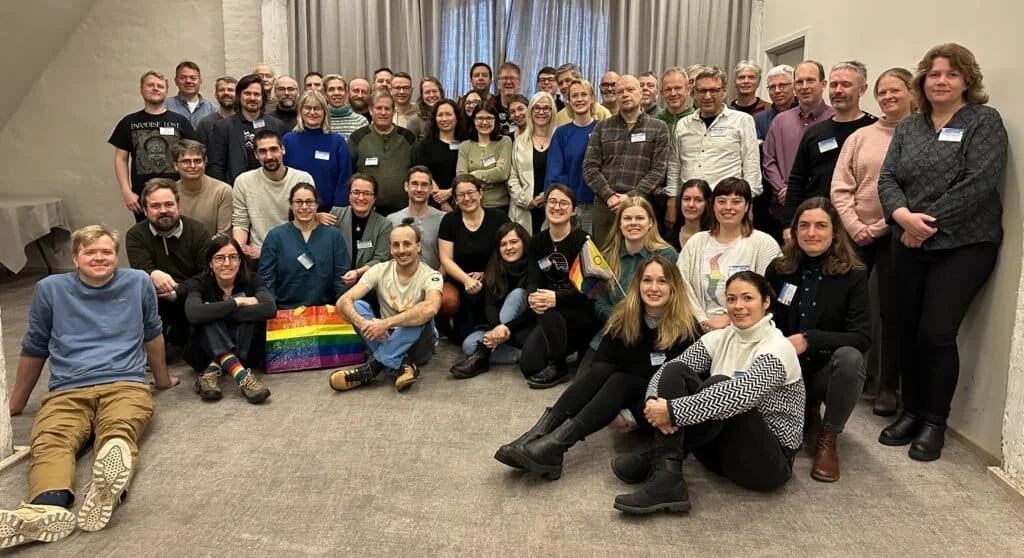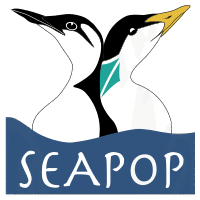New SEATRACK web pages
The SEATRACK web site has been updated and can now be found in a new layout at seatrack.net. Through several new tools, the programme now gives access to data and to extended presentation of its results.
Independent of SEAPOP
Until recently, the SEATRACK web pages have been available only through SEAPOP.no but will from now on exist on an independent web site. There you will still easily find descriptions of species and localities but also many new features. Benjamin Merkel at the Norwegian Polar Institute replaced Hallvard Strøm as project leader of SEATRACK in the autumn of 2024, and is proud to present the new web pages.
New functionality
– The SEATRACK team has now made it possible to explore and request data from the programme through our web site. This way, interested parties outside the project may access SEATRACK data for their own research, says Merkel.
Metadata from the programme are clearly presented and visualized to reveal the amount of available data and how many loggers of the various types that have been deployed and retrieved for different species in different years and at different locations.
The well-known map application showing distribution of seabirds from different colonies throughout the year has been expanded, and now includes the Northwest Atlantic Ocean. In addition, a map presenting monthly estimates of the density of adult seabirds from colonies or areas defined by the user has been developed. At present, this application includes data for six species.
Better overview and access
For the collection of data within the frame of SEATRACK in the years to come, work protocols for fieldwork have been updated and made available on the web site.
– This will ease the access to documents that standardize the data collection between the many locations and partners of the programme, Merkel explains.
The web site now also gives a better overview of the structure of SEATRACK, including which partners participate in the programme and who finances it. A self-organized group of young researchers called “the SEATRACK fledglings” also has its own page offering network opportunities and support for Master and PhD students as well as others that are in an early phase of their careers as researchers that are using SEATRACK data.
Contact person: Benjamin Merkel, Norwegian Polar Institute

Figure © SEATRACK

Photo © SEATRACK
